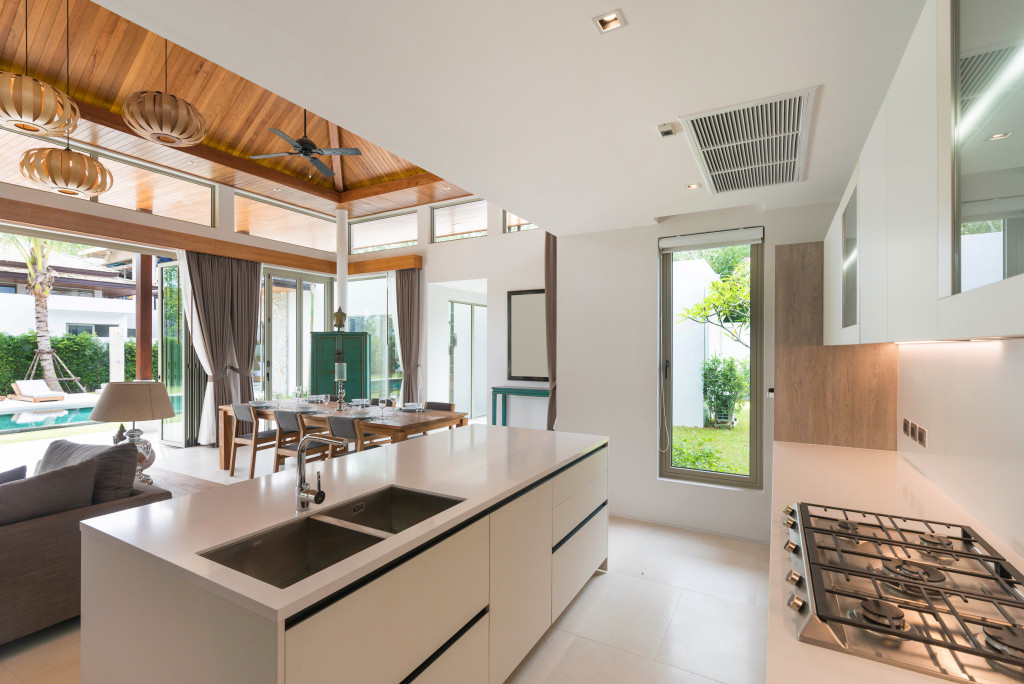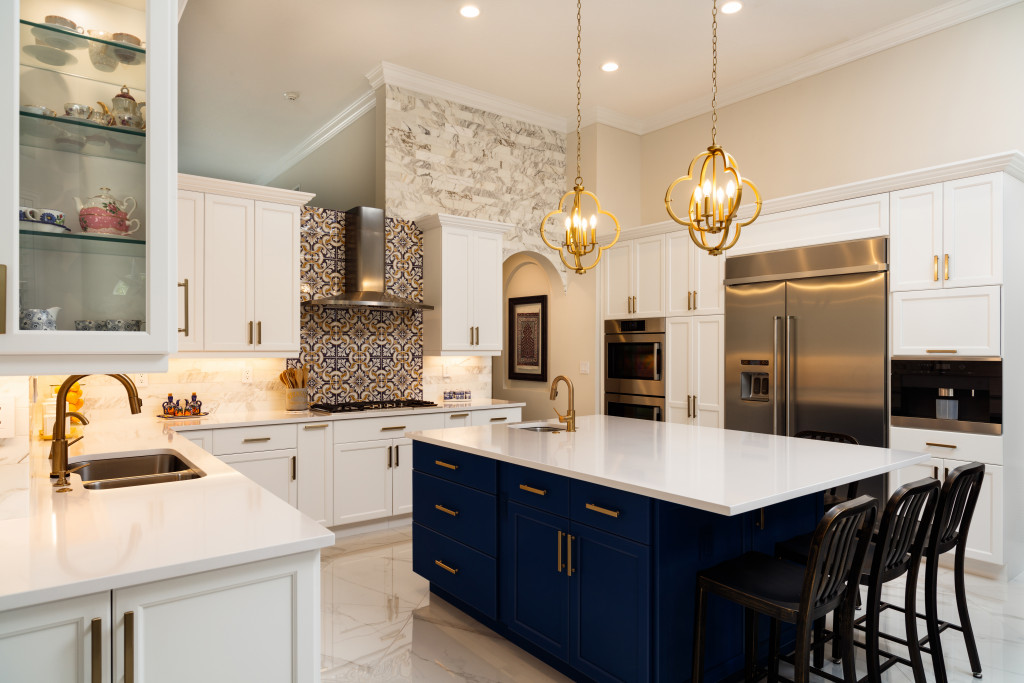Regardless of where the kitchen is situated, everyone can agree that it is one of the most essential places in a particular establishment or home. Yet, despite its importance, people tend to forget that the longer you spend time in a place, or the more you use the items, the likelier it is to succumb to getting broken down or out of shape. In a way, this is a terrible moment for every homeowner because a broken stove means that you can’t cook dinner for tonight, or a short-circuited coffee maker is likely to indicate that the people in your house won’t get their coffee in the morning. Hence, the biggest flaw of the human mind is that they tend to react only when things are already at their worst. This is also sadly very true for kitchen owners because a lot of you would instead buy a new item than have regular checkups for all the existing items, right?
Well, that mindset should change. Do note that not only do you save a ton of money from buying new equipment when you practice preventative kitchen maintenance, and it also increases the quality of food and efficiency of work that needs to be done in the kitchen daily. Generally, preventive kitchen maintenance tasks are subdivided according to the equipment that needs to be looked at and the kitchen’s general attributes. However, what you will see here are some universal points of interest that kitchen-owners need to look at when scheduling their next kitchen maintenance appointment.
General Aspects to Take a Look Into
Start with the basics first. Before you call specialized services to check up on the special equipment that you have, try to take a peek at some things that you might be able to fix on your own.
- For starters, you can look at the hinges, knobs, handles, and grates. Check if some screws are kind of loose or if some metal has already accumulated rust. For wooden handles, try to get kitchen grime and oil spray to remove the gunk accumulated after years of cooking.
- You could check your gas-fired equipment for safety if there aren’t any potential leaks that may cause fires in the future. The best way to check for this is to check the blue flame if it is steady enough. Alongside this, you can also check your fire alarms or your fire suppression equipment if they’re still up to shape.
- For safety and hygiene, a sound hood system is vital. Try to check if the hood filters are clean, and if they’re not, you can easily clean them using this method. Or try to check if the hood system is still working at all because most of the time, people rarely notice that it isn’t anymore.
- Check the switches and wires. Over time, these items get worn out and can easily be the culprit to any kitchen mishap.

Refrigeration
The refrigerator is probably the most essential item in your kitchen. It stores your food and lessens the possibility of food waste. Thus, it would be best to call refrigeration repair services to get a professional to look at what’s wrong with your fridge and what parts need to be replaced. However, on your own, you can check or do these few things:
- Do not overstock your storage units with products; allow air to move freely in the fridge. This minimizes moisture from forming, which is attractive for bacterial formation.
- Log the temperature of your fridge. This information will come in handy if refrigeration services ask you questions regarding it.
- Attend to the evaporator coils and condenser coils; they should be clean enough to not obstruct the fans’ airflow.
- Check if the door gaskets still seal air from the outside. A loose door gasket will introduce room temperature into the system; this usually leads to a decreased performance that will lead to food spoilage.
Fryers and Ranges
Apart from the technical aspect (wiring and connections), you can usually maintain this equipment on your own through proper cleaning. For starters, you can do these things:
- Clean the surface with soap and water using a cloth, sponge, or fiber brush. This will remove the possibility of grease fires from happening.
- Check the thermostats if they still display the accurate temperature.
- Replace broken knobs and switches to avoid any severe kitchen accident.
- For fryers, try to practice regular boil-outs to keep the frank tank free from caramelized old deposits.
- For ranges, keep your burner ports free of flammable materials.
- Check if the burner has a crack; if it does, be sure to tell maintenance about it.
Dishwasher
- Remove the lime deposits to avoid unwanted chemical reactions that could damage your dishes.
- Check for the drain if it still opens and closes the way it’s supposed to.
- To avoid a mess, check if the scrap tray is still in the correct position.
- Take a look at the wash and rinse arms and nozzles for cleanliness. This makes dishwashing more effective.
Now that you know how to properly maintain the items in your kitchen, you won’t need to spend on new ones often!

